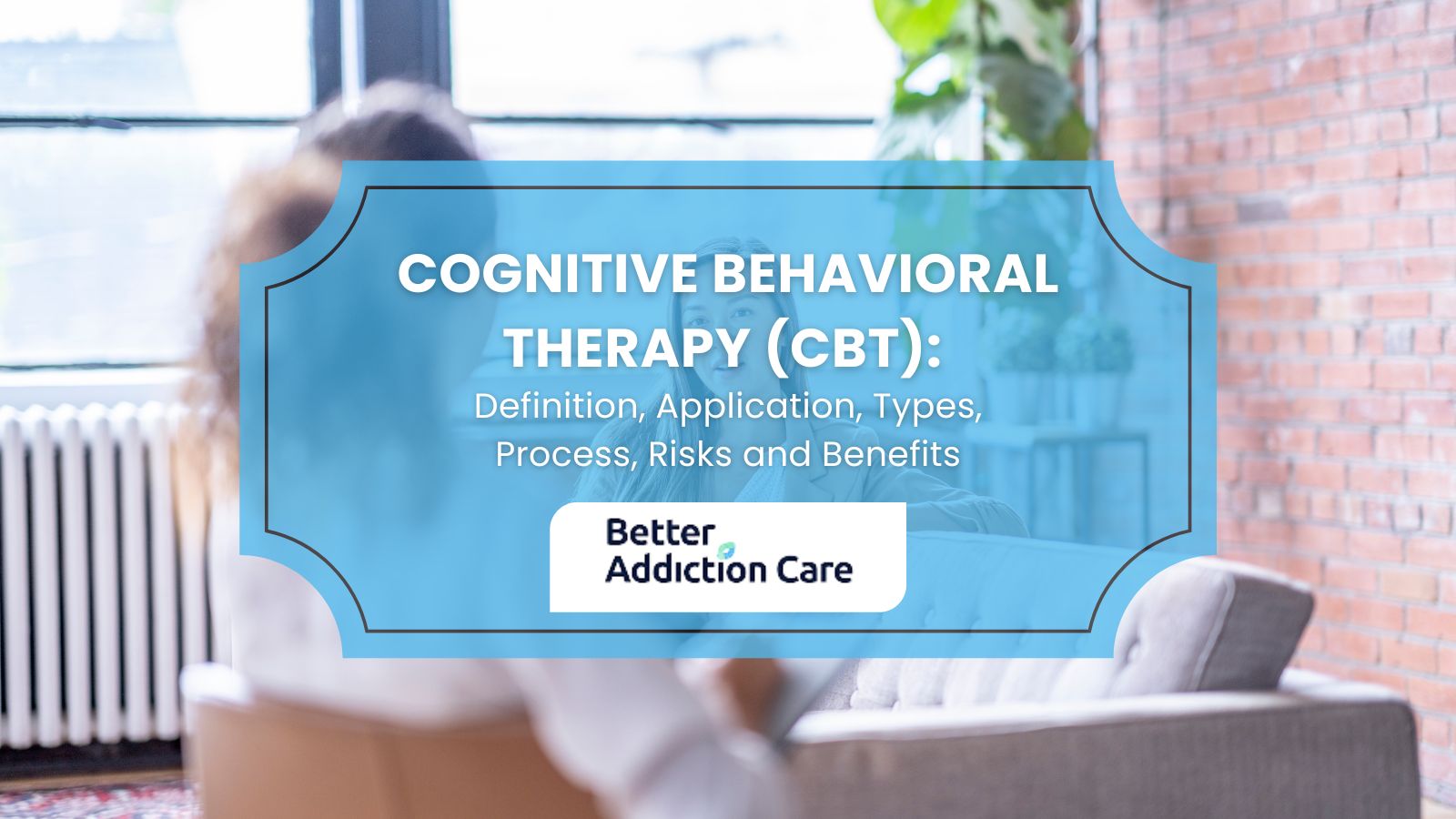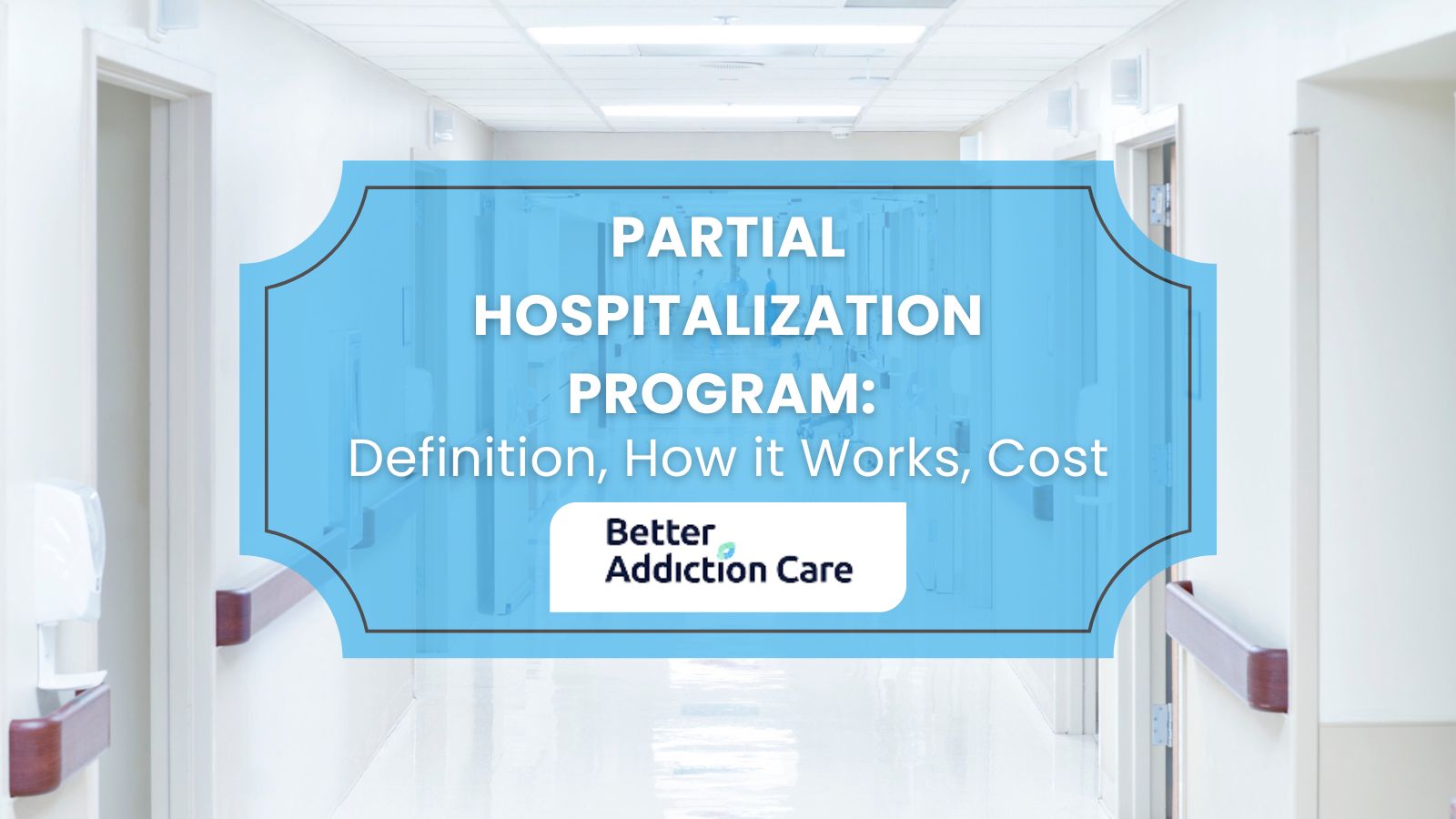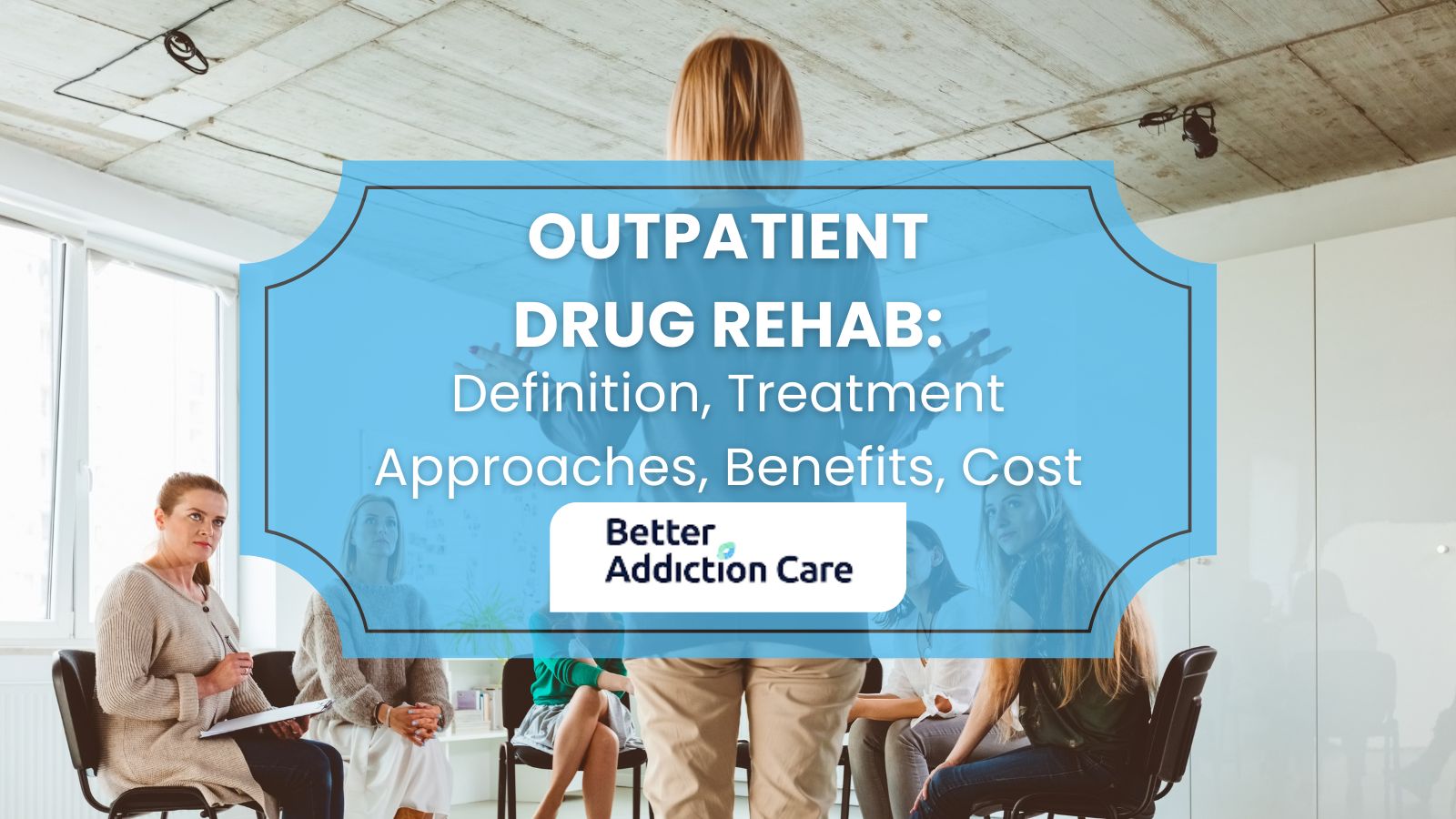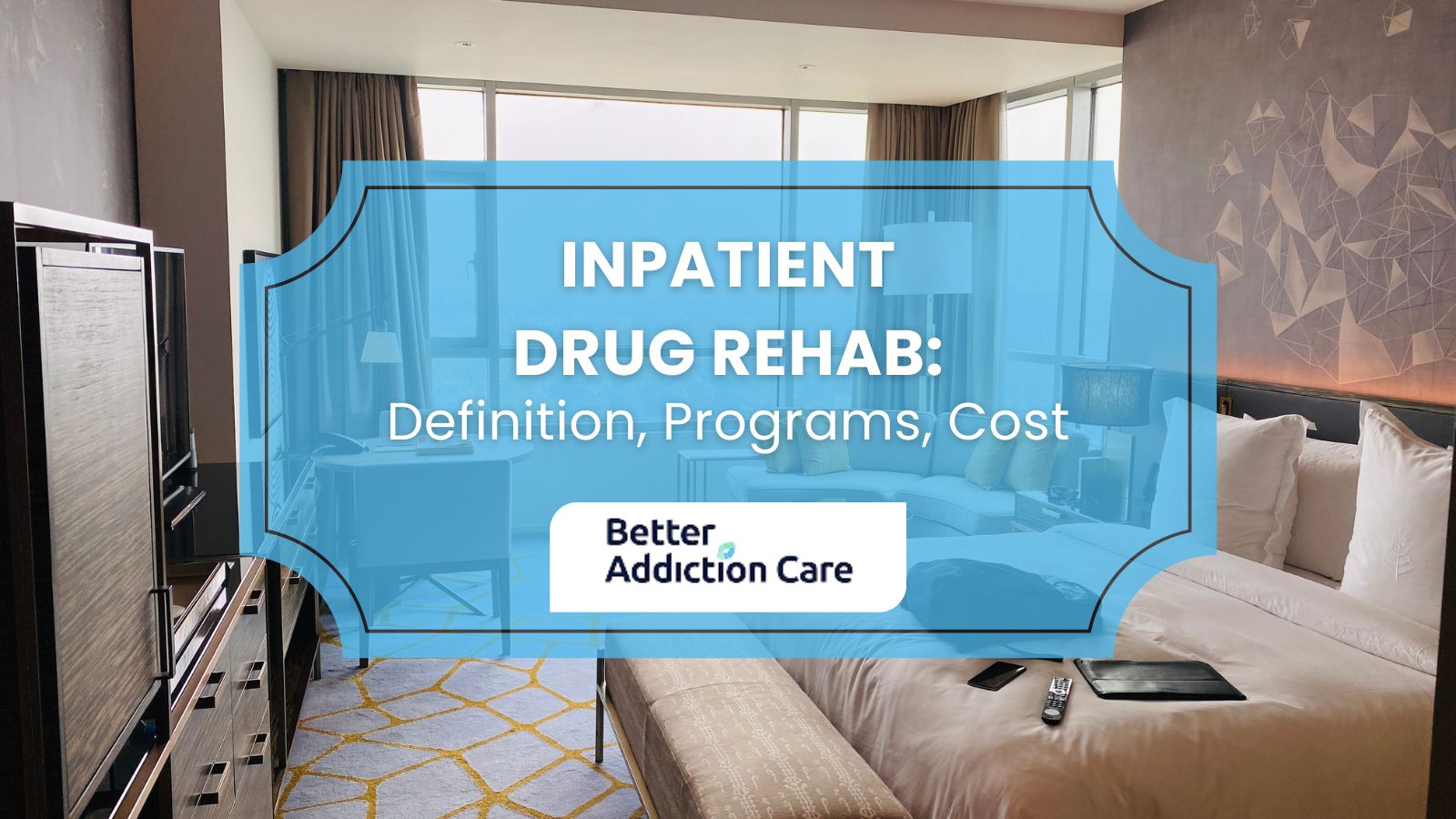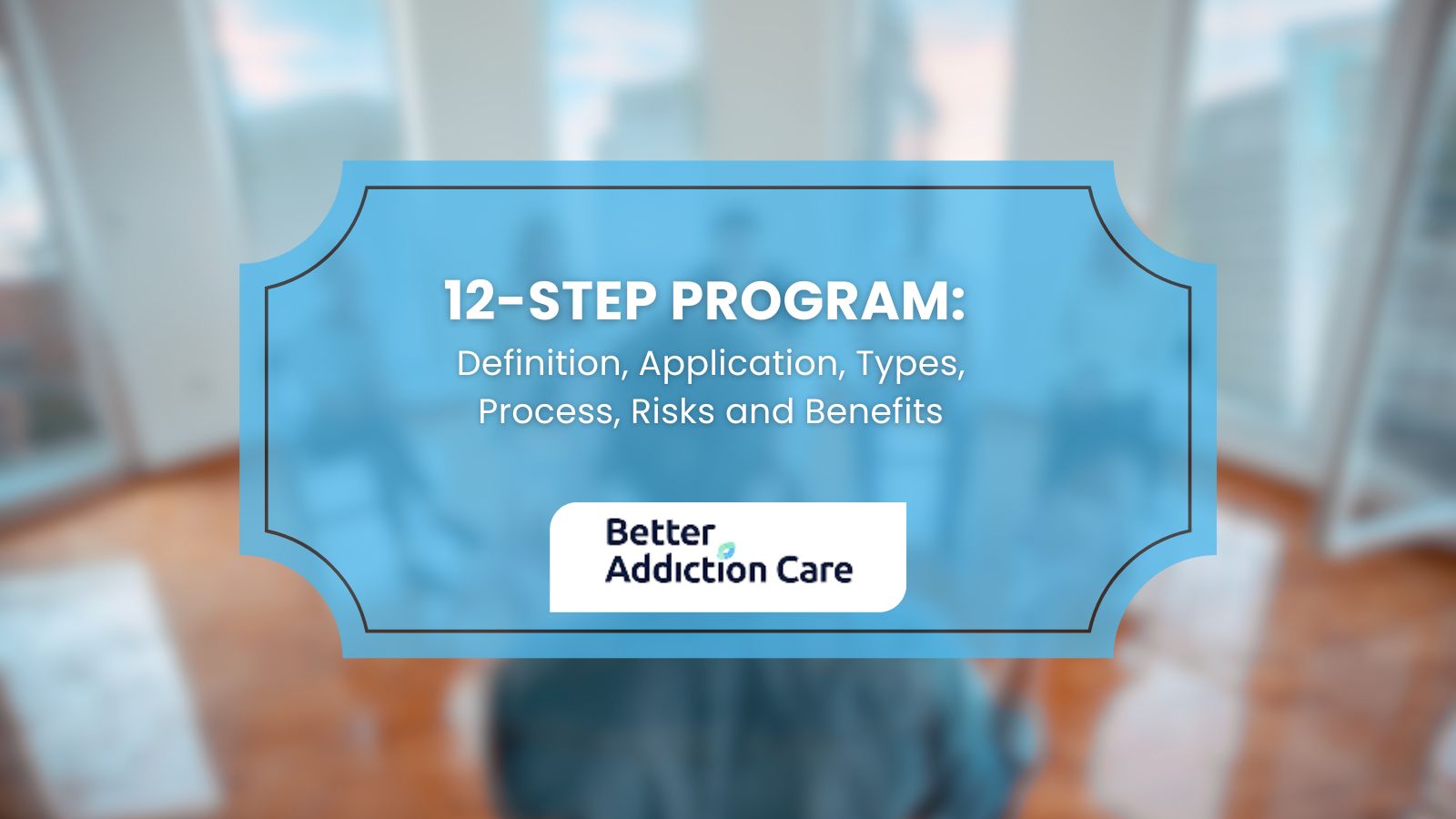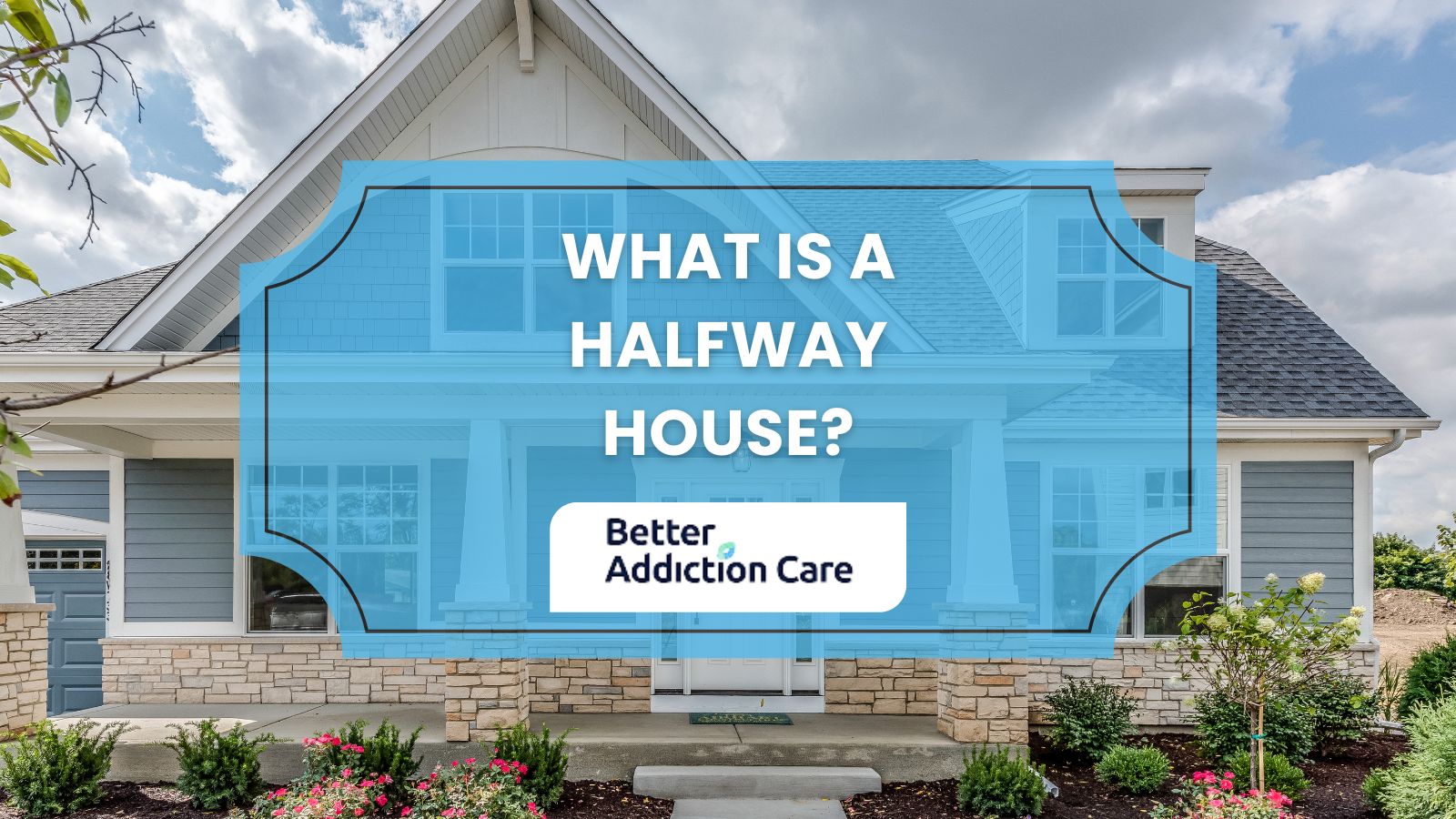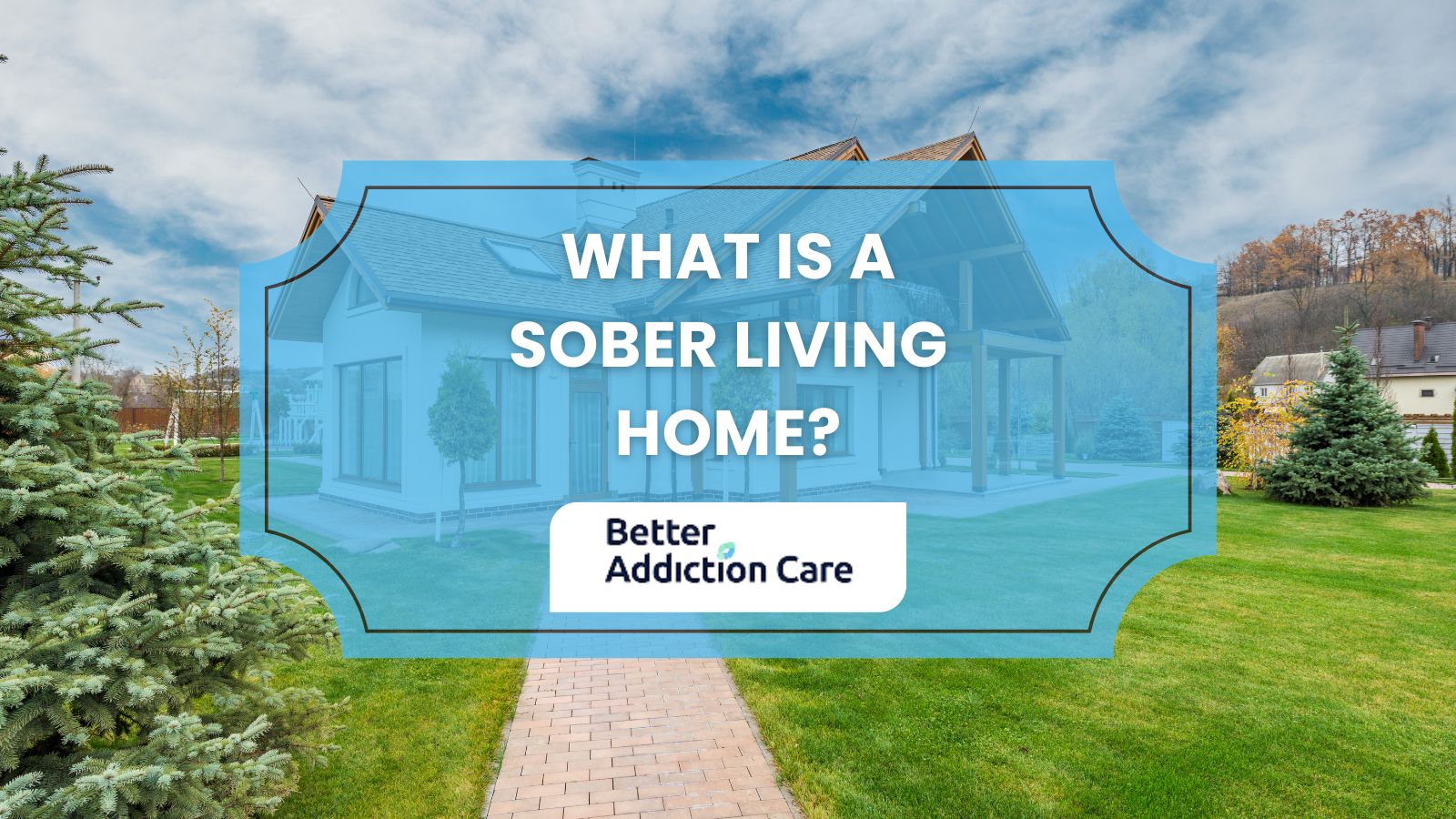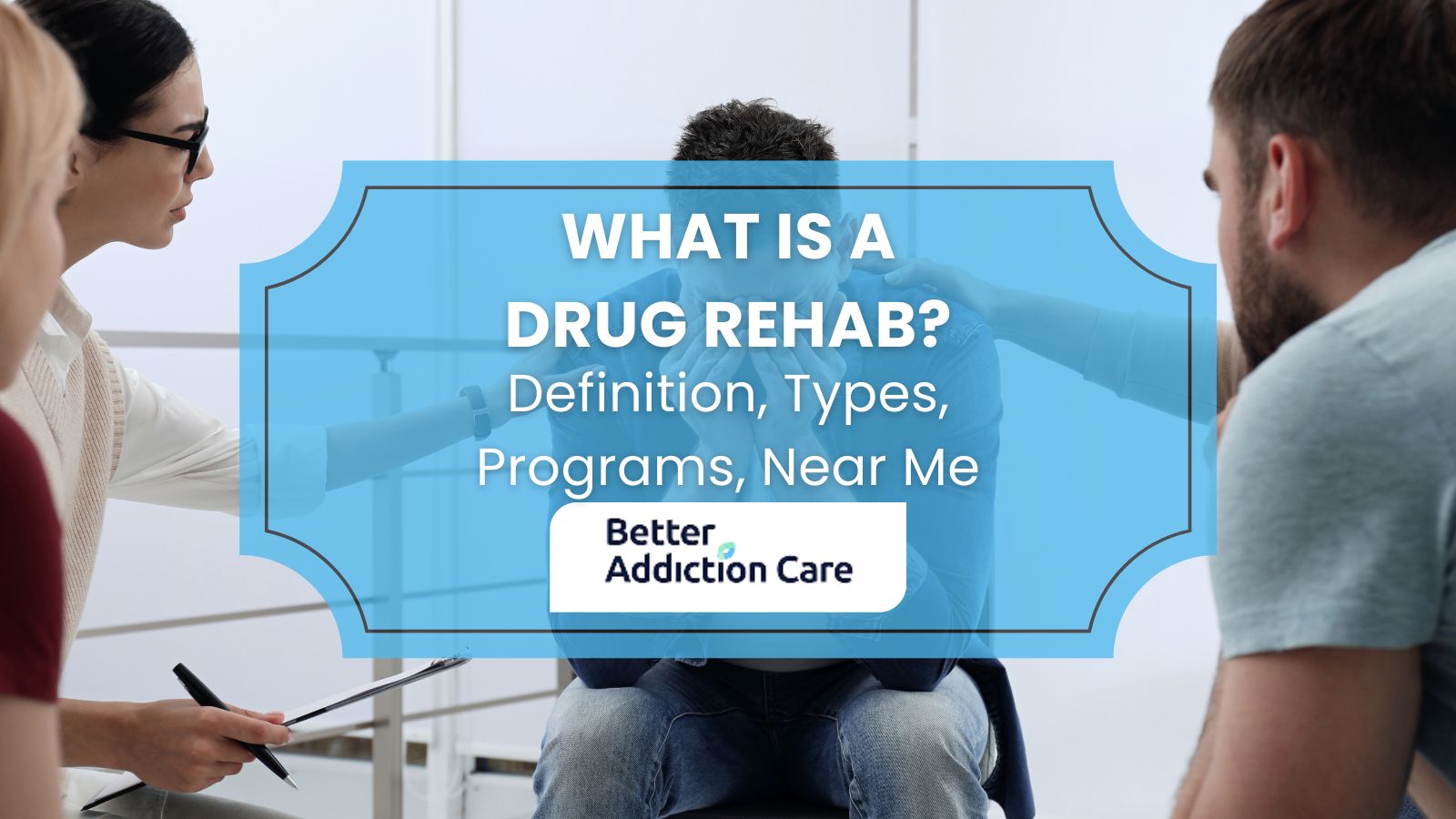
Overview
Four Corners Community Behavioral Health is a substance abuse treatment center for people seeking treatment near Carbon County. As part of their treatment modalities for recovery, Four Corners Community Behavioral Health provides family counseling, individual psychotherapy, and nicotine replacement during treatment. Four Corners Community Behavioral Health is located in Price, Utah, accepting county or local government funds for treatment.
Four Corners Community Behavioral Health at a Glance
Payment Options
- County or local government funds
- Community Mental Health Block Grants
- Community Service Block Grants
- Medicaid
- Other State funds
Assessments
- Comprehensive mental health assessment
- Comprehensive substance use assessment
- Screening for tobacco use
- Interim services for clients
- Outreach to persons in the community
Age Groups
- Adults
- Children/adolescents
- Young adults
- Seniors or older adults
- Adolescents
Ancillary Services
- Case management service
- Court-ordered outpatient treatment
- Education services
- Family psychoeducation
- Suicide prevention services
Highlights About Four Corners Community Behavioral Health
8.24/10
With an overall rating of 8.24/10, this facility has following balanced range of services. Alcohol Rehabilitation: 8.41/10, Drug Rehab and Detox: 9.08/10, Insurance and Payments: 6.67/10, Treatment Options: 8.79/10.-
Drug Rehab and Detox 9.08
-
Treatment Options 8.79
-
Alcohol Rehabilitation 8.41
-
Insurance and Payments 6.67
Accreditations
SAMHSA certification for opioid treatment program (OTP):
SAMHSA's Opioid Treatment Programs (OTP) accreditation is a prestigious recognition that signifies a program's compliance with stringent standards and guidelines established by the Substance Abuse and Mental Health Services Administration (SAMHSA). This accreditation demonstrates an OTP's commitment to providing high-quality, evidence-based care for individuals struggling with opioid use disorder (OUD). It serves as a trusted symbol of accountability and excellence, assuring patients, families, and communities that the OTP offers safe, effective, and comprehensive treatment options for OUD.
State department of health:

Government agencies issue State Licenses, granting rehabilitation organizations permission to operate their businesses lawfully within specific geographic regions. The specific licenses needed for legal operation are typically determined by the type of rehabilitation program offered by the facility and its physical location.
State mental health department:
State mental health department accreditation refers to the process of evaluating and certifying the quality and standards of a state's mental health department, ensuring that it provides high-quality services and meets specific criteria for mental health care. The accreditation process is performed by a third-party organization and helps to improve the overall care and treatment of individuals with mental health conditions.
Federally Qualified Health Center:
Federally Qualified Health Center (FQHC) accreditation is a process of evaluation and recognition by the federal government for community health centers that provide comprehensive and accessible healthcare services to underserved populations. FQHC accreditation is essential for centers to receive federal funding and to ensure that they meet standards for quality, patient-centered care.
Treatment At Four Corners Community Behavioral Health
Treatment Conditions
- Mental health treatment
- Alcoholism
- Opioid Addiction
- Substance use treatment
- Co-occurring Disorders
Care Levels
- Intensive outpatient treatment
- Detoxification
- Aftercare
- Outpatient
- Outpatient methadone/buprenorphine or naltrexone treatment
Treatment Modalities
- Family counseling
- Individual psychotherapy
- Nicotine replacement
- Group counseling
- Experiential Therapy
Ancillary Services
Languages
- Spanish
- Sign language services for the deaf and hard of hearing
Additional Services
- Pharmacotherapies administered during treatment
- Mentoring/peer support
- Breathalyzer or blood alcohol testing
Special Programs
- Children/adolescents with serious emotional disturbance (SED)
- Clients who have experienced trauma
- Clients with co-occurring mental and substance use disorders
- Criminal justice (other than DUI/DWI)/Forensic clients
- Pregnant/postpartum women
Contact Information
Read our Most Recent Article About Drug Addiction
DISCLAIMER: The facility name, logo and brand are the property and registered trademarks of Four Corners Community Behavioral Health, and are being used for identification and informational purposes only. Use of these names, logos and brands shall not imply endorsement. BetterAddictionCare.com is not affiliated with or sponsored by Four Corners Community Behavioral Health.
